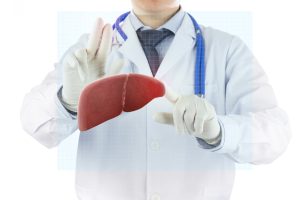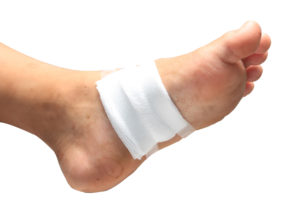 There is a wide variety of potential causes of liver damage, including genetics and diseases such as diabetes to lifestyle choices such as heavy drinking, unprotected sex, usage of shared needles for injectable drugs, and even getting tattoos and piercings.
There is a wide variety of potential causes of liver damage, including genetics and diseases such as diabetes to lifestyle choices such as heavy drinking, unprotected sex, usage of shared needles for injectable drugs, and even getting tattoos and piercings.
Unlike most organs, the liver is able to repair damage and regenerate over time. However, permanent liver damage is still able to occur if the regeneration process is interrupted or prevented from completing through repeated, consistent damage, which can occur under circumstances such as regular binge drinking.
The most effective way to protect your liver is to prevent damage through lifestyle changes and to work with a doctor to monitor your health. Some of the steps you can take to keep your liver healthy include:
Avoid hepatitis risk factors: You can talk to your doctor about receiving vaccinations against hepatitis A and B and about the treatments available for hepatitis C, all of which can cause severe liver damage. Additionally, avoid shared, un-sanitized needles for injectable drugs or medications, as these can transmit all forms of hepatitis.
Maintain a balanced, healthy diet: Both obesity and high alcohol intake are risk factors for permanent liver damage. Maintain a healthy weight by making nutritious dietary choices and limiting your intake of alcohol.
Use condoms during sex: Bodily fluids can carry viruses that cause lasting damage to your liver. Use condoms to limit risk to both yourself and your partner.
Avoid contact with dangerous chemicals: Certain chemicals in paint, insecticides, or other substances can enter your bloodstream through contact with your skin and cause serious damage to the liver. Wear protective clothing to limit skin contact with these chemicals as much as possible.
While many supplements such as “liver cleanse” products are available that purport to detox the liver or repair damage, these products are unregulated by the Food and Drug Administration and there is no evidence that they genuinely benefit your health in any way.
Working with a specialist at Flushing Hospital Medical Center’s Ambulatory Care Center can help you determine your biggest risk factors for liver damage, identify medications that may lead to further damage, and find the right treatment for treating any scarring or disease you are experiencing. To schedule an appointment, please call (718) 670-5486.
All content of this newsletter is intended for general information purposes only and is not intended or implied to be a substitute for professional medical advice, diagnosis or treatment. Please consult a medical professional before adopting any of the suggestions on this page. You must never disregard professional medical advice or delay seeking medical treatment based upon any content of this newsletter. PROMPTLY CONSULT YOUR PHYSICIAN OR CALL 911 IF YOU BELIEVE YOU HAVE A MEDICAL EMERGENCY.


